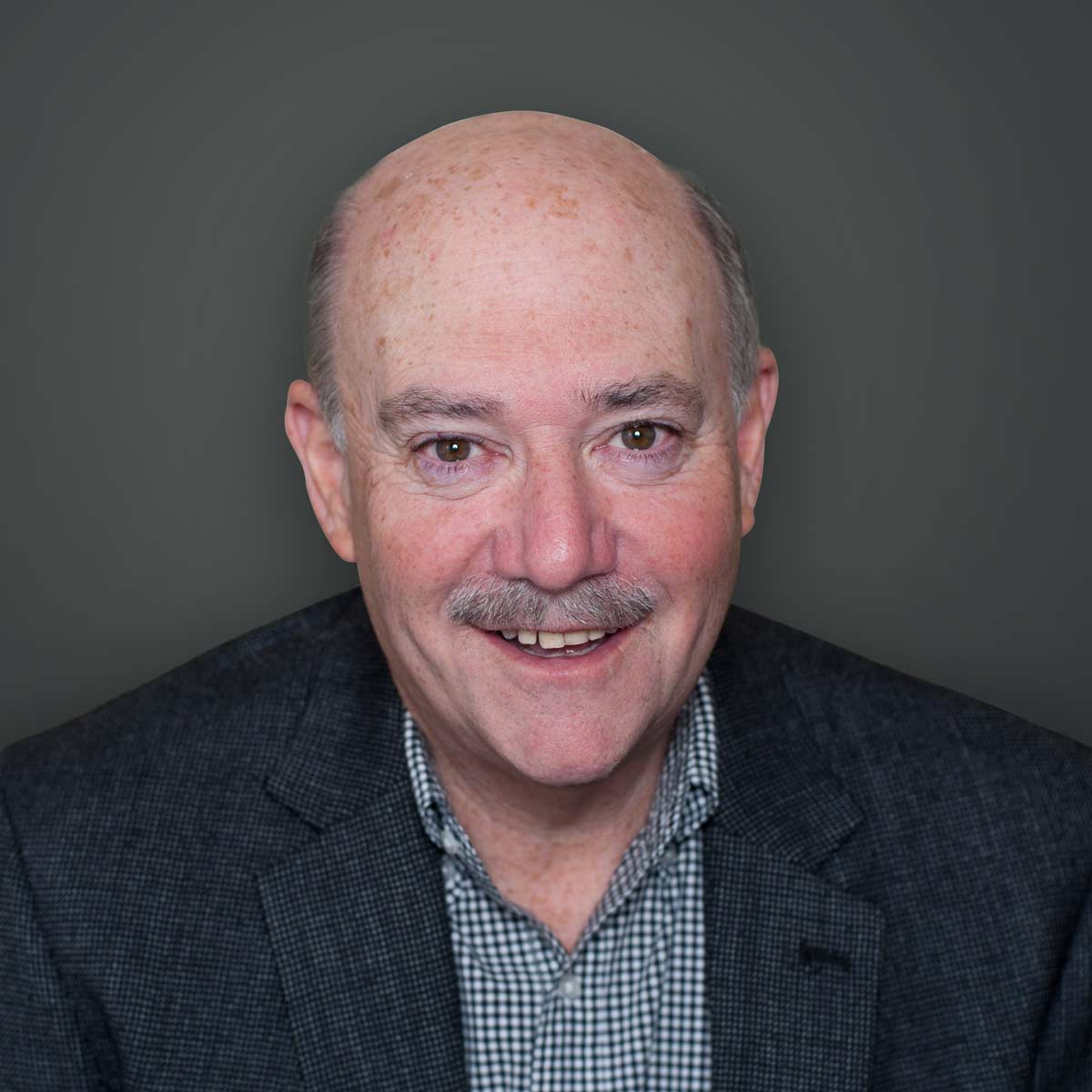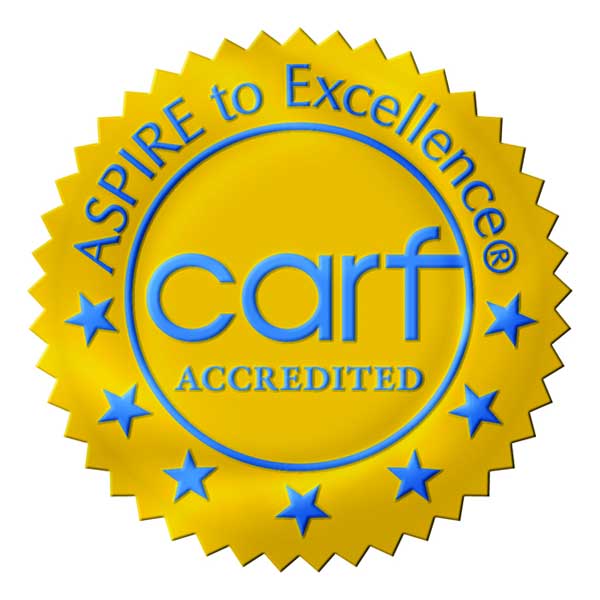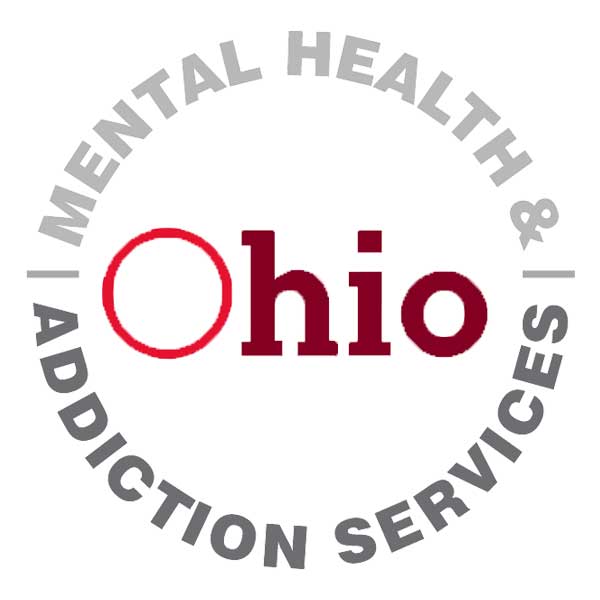GET HELP NOW
513.792.1272
The Unique Challenges of Treating Teens

Anyone parenting a teens knows — teens act differently than adults. This is reflected in the ASAP approach in treating teens with substance use problems. Being aware of the differences in approach will help you to make an optimal treatment choice for your teen. The NIAAA (2005) asserts that “intervention with adolescents should be informed by developmental theory and sensitivity to developmental processes.”
At ASAP, our adolescent-focused programs are build upon the foundations of developmental psychology. This enables us to understand the teenage perspective and adapt to their changing needs. Our intensive outpatient program embraces these principles as all ASAP service providers receive specialized training to serve kids at their individual developmental level. This enables our staff to connect to kids while providing the environment in which lasting change is possible. Be confident, if your child receives services at ASAP they are receiving the best possible care available.
What challenges exist when treating teens?
- Teens do not have a fully-developed prefrontal cortex, which is the brain center associated with reason, judgment, decision-making, rationality, and behavioral inhibition. This results in high impulsivity and emotionality — two triggers that can keep kids trapped in the addiction cycle. Teen-focused treatment can provide the skills to manage emotions and reduce the impulsivity that have teens acting against their core values and principles.
- Adolescents have a shorter history of substance use and generally fewer medical problems. As a result, teens often do not recognize the negative impact of their substance use.
- Teens use newer substances that parents are unfamiliar with (i.e., dabs, wax, bath salts, lean, “purple drink”).
- As teens experience rapid developmental changes, their behaviors are complex and may appear as mental health concerns. Clinicians who have specialized training with adolescents are more equipped to determine appropriate treatment course with these issues.
- Although teens have trouble recognizing that difficulties in their lives are connected to their substance use, parents and professionals see these connections. Some include: disruption of family, academic problems, oppositionality, risky sexual behavior, physical injury, and drug-using friends.
- Teens tend to begin use of drugs and alcohol while starting the process of preparing for independence and adulthood. This can be confusing for parents trying to distinguish normal from abnormal teen substance use behaviors.
- Parental participation predicts success in treatment but is not always guaranteed. ASAP requires parent engagement in treatment as a means of improving the home environment and family relationships.
- Teens are quite angry, resentful, and resistant to leaving behind their drug-using “friends.” Allowing teens to explore these emotions in a group setting helps to normalize the discomfort of early recovery.
- Some teens/parents perceive alcohol and marijuana use as a benign activity that is nearly universal for all kids. For many people, this is not reality. The initiation of alcohol/cannabis use is the first step in a lifelong battle against addiction.
- Teens perceive alcohol and marijuana to be less harmful than other substances. This can result in difficulties motivating clients for abstinence.
Intervention with adolescents should be informed by developmental theory and sensitivity to developmental processes.
How does this affect the treatment process?
There are unique challenges when treating teens. As such, specialized interventions, family incorporation, individualized programming, and the emphasis on an open and accepting therapy space make the ASAP treatment experience unique.
By age 16, intelligence is relatively stable but it takes nearly 10 more years for their judgment (prefrontal) to reach maturity. Drugs and alcohol negatively affect users’ brains. Drug use in combination with a partially-developed brain results in the behaviors that get kids into treatment. At the same time, teens develop underlying beliefs about substance use without the benefit of fair and balanced judgment. They base much of their understanding of drugs on information provided by friends, family, and substance use glorified media.
The intensive outpatient program at ASAP is effective and was built specifically for teens. The ASAP program provides specialized programming, highly skilled clinicians, and adequate treatment dose. With years of training and an understanding of adolescence, ASAP professionals help teens to reexamine their existing beliefs about substance use and come back closer to reality. The peer group reinforces this process with social modeling. Having a group of teens who struggle with similar issues will help your child to meet their goals. Together, you and your child will build a new understanding of substance use problems, appropriate boundaries, and healthy and positive interactions.
References
RELATED POSTS
ASAP is Cincinnati's premiere outpatient treatment center for teenagers and their families struggling with substance abuse and mental health problems.
SUBSCRIBE
Enter your email address to receive news and information from ASAP.











